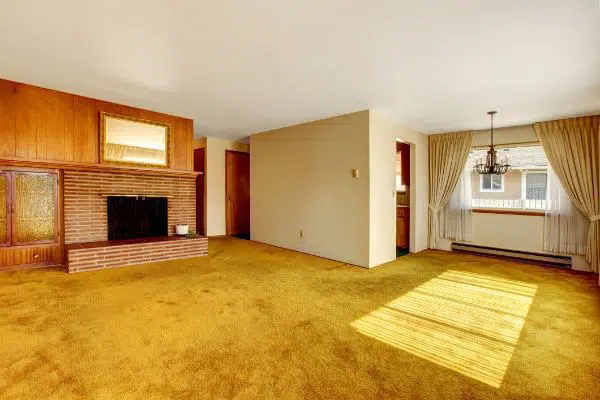When Realtor.com released its report last spring on the burgeoning state of the “under $200,000” market, one thing was clear: anyone looking to find a starter home in the current market may have to settle for (or revel in—depending on one’s perspective) a home that can be purchased for well short of what a home in good condition would cost: a fixer-upper.
According to that report, nearly 60 percent of buyers went into the home-buying season looking for a fixer-upper, given the low inventory of starter homes (a problem that has only deepened since then) with 95 percent of that set holding to the thought that such homes could, with just a little bit of care, give them a good return on their investments. About half of these were even willing to spend around $20,000 on renovations.
By far the largest prospective set of fixer-upper purchasers fell into the middle-aged set, between 34-55 years of age, at 65 percent. The youngest cohort—of 18-34 year-olds—were least likely to consider themselves capable of undertaking renovations; which makes sense, given their relative lack of experience with home-care and their lower likelihood of having accrued the capital to put into renovations.
After all, there are many considerations to take into account when looking to make a fixer-upper purchase. Fixer-uppers require a great deal of planning upfront. For one thing, a buyer needs to be realistic about how intensive the renovations will need to be. It’s always best to favor cosmetic changes when considering a fixer-upper, such as renovations of the bathrooms or kitchen, siding repair/replacement, or new floors. Major structural issues—like the dreaded horizontal foundation crack—can end up costing more than the home is worth.
A good rule of thumb is to hire a contractor to examine the property prior to purchasing, in order to make a bid with the potential renovation in mind. This way the potential buyer will have some idea of what a professional will consider the repairs to be worth, which is an aid to doing the math on whether the lower cost up-front will in fact make a good investment in the property in the long run, even if the buyer ends up doing the repairs herself.
Another thing to consider is the market value of the homes in the surrounding neighborhood. If those homes are in good repair and carry solid value, they tend to bring up the inherent value of the purchase property by mere dint of proximity (once those repairs are made). A buyer purchasing a fixer-upper should aim to spend about 25 percent less on the property than they would for a home in good repair in the neighborhood.
If you’re looking to buy a home in Mesa or anywhere else in the state of Arizona—whether a fixer-upper or not—you’ll need an experienced attorney with strong scruples to help you gain clear title and help mitigate risks. At Provident Law, our real estate attorneys represent parties on either side of real estate and financing transactions, including buyers, sellers, landlords, tenants, lenders, borrowers, trustees, guarantors, shareholders, partners, and others. We structure, negotiate and document a variety of real estate and financing transactions, such as leases, purchase and sale agreements, loans and development agreements for a variety of commercial and residential projects. Contact us for more details.
Christopher J. Charles is the founder and Managing Partner of Provident Law ®. He is a State Bar Certified Real Estate Specialist and a former “Broker Hotline Attorney” for the Arizona Association of REALTORS ® (the “AAR”). Mr. Charles holds the AV ® Preeminent Rating by the Martindale-Hubbell Peer Review Ratings system which connotes the highest possible rating in both legal ability and ethical standards. He serves as an Arbitrator and Mediator for the AAR regarding real estate disputes; and he served on the State Bar of Arizona’s Civil Jury Instructions Committee where he helped draft the Agency Instructions and the Residential Landlord/Tenant Eviction Jury Instructions.
Christopher is a licensed Real Estate Instructor and he teaches continuing education classes at the Arizona School of Real Estate and Business. He can be reached at Chris@ProvidentLawyers.com or at 480-388-3343.


